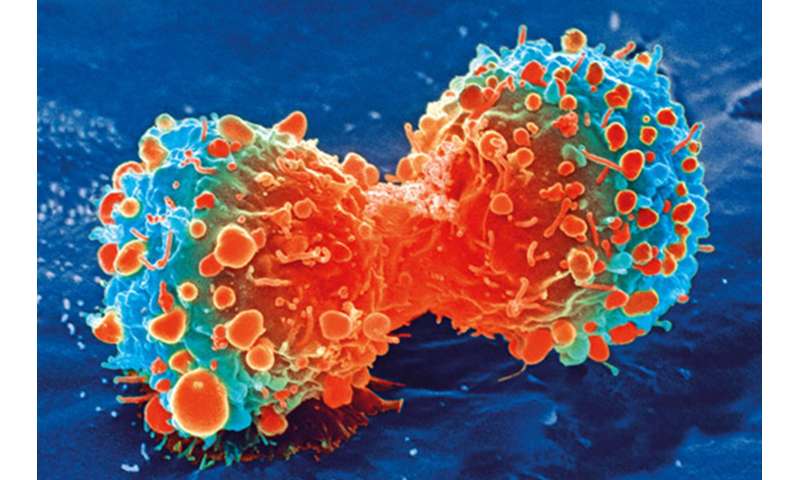
New research from Kaiser Permanente finds that post-menopausal women with colorectal cancer were more likely to die from their disease or from any cause if they had low social support before diagnosis. The analysis of 1,429 women in the national long-term health study Women’s Health Initiative, which included patients from Kaiser Permanente and other health systems, was published in the journal Cancer January 23.
The study found that women who reported low social support had 52% higher overall mortality than those who reported high levels of support, and 42% higher mortality from colorectal cancer specifically. The results confirm previous research suggesting a role for social support for patients with serious illness, said lead author Candyce Kroenke, MPH, ScD, a research scientist with the Kaiser Permanente Division of Research. “These findings support the idea that women who have supportive friends and family around them when they are diagnosed do better,” Kroenke said.The researchers delved into the specifics of the women’s personal connections, their links with the community, and their living status to better understand the association. They found higher rates of mortality when women lacked:
- Emotional support: caring and concern
- Informational support: help provided through information
- Tangible support: help with tasks, chores, or tangible needs
- Positive interaction: someone for the patient to have fun with and take their mind off their illness
In a separate analysis on the impact of social integration, researchers found that having a partner or engaging with their community or in a religious organization was associated with lower risk of death from rectal cancer, but not colon cancer.
Similarly, the analysis found that living alone was associated with higher mortality in patients with rectal cancer. Kroenke said these different findings for rectal and colon cancer need to be replicated.
For patients, the study’s message is to lean on others when dealing with a serious diagnosis. “You can and should ask for support instead of going it alone,” Kroenke said.
For medical practitioners, the findings are a reminder that social support is an important determinant of outcomes, Kroenke said. “Clinicians can identify patients who are at risk of low social support and provide them with additional resources,” she said. Resources might include a therapist to help with the emotional burden of cancer treatment or social services to provide logistical help such as rides to the doctor.
Kaiser Permanente patients in Northern California diagnosed with cancer undergo a 22-point evaluation of their practical, family, emotional, and spiritual support. After treatment cancer patients receive personalized survivorship care including social and emotional support.
Source: Read Full Article
